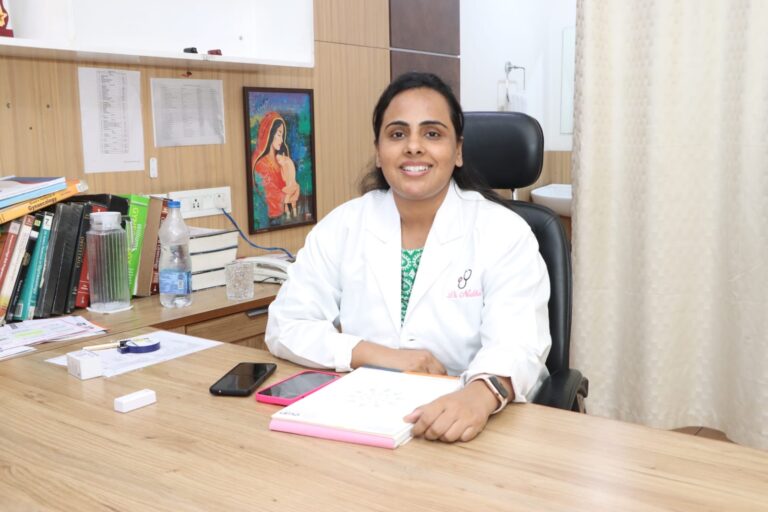diagnosis, treatment, and management of
Female Reproductive System
The gynecology department in Evan hospital specializes in the diagnosis, treatment, and management of conditions related to the female reproductive system, including the uterus, ovaries, fallopian tubes, and breasts. This department provides comprehensive care for women of all ages, addressing a wide range of gynecological and reproductive health concerns. Here is a detailed description of the components and services typically found in a gynecology department:
1. Gynecological Consultation Services:
Gynecologists conduct initial consultations and evaluations for women presenting with gynecological concerns, including menstrual disorders, pelvic pain, abnormal Pap smears, and reproductive health issues.
They perform pelvic examinations, review medical histories, and order diagnostic tests such as Pap smears, pelvic ultrasounds, and blood tests to assess gynecological health and identify underlying conditions.
2. Obstetric Care:
Obstetricians provide prenatal care, childbirth services, and postpartum care for pregnant women and their babies.
Prenatal services include regular check-ups, prenatal screenings, ultrasound examinations, and counseling on nutrition, exercise, and childbirth preparation.
Obstetricians oversee labor and delivery, providing supportive care, pain management options, and medical interventions as needed to ensure a safe and healthy birth experience for both mother and baby.
3. Gynecological Surgery Services:
The gynecology department offers a wide range of surgical procedures to treat gynecological conditions, including hysterectomy, myomectomy (fibroid removal), ovarian cystectomy, and surgical management of endometriosis.
Gynecological surgeons may perform minimally invasive procedures such as laparoscopy and hysteroscopy, as well as robotic-assisted surgery, to minimize pain, scarring, and recovery time for patients.
4. Reproductive Endocrinology and Infertility Services:
Reproductive endocrinologists specialize in the evaluation and treatment of infertility and hormonal disorders affecting reproductive health.
They offer diagnostic testing, fertility evaluations, and assisted reproductive technologies (ART) such as in vitro fertilization (IVF), intrauterine insemination (IUI), and ovulation induction to help couples achieve pregnancy.
5. Menopause and Hormone Therapy:
Gynecologists provide care for women experiencing menopausal symptoms and hormonal changes associated with aging.
They offer hormone replacement therapy (HRT) and non-hormonal treatment options to manage menopausal symptoms such as hot flashes, vaginal dryness, and mood swings, and address long-term health concerns associated with menopause.
6. Gynecologic Oncology Services:
Gynecologic oncologists specialize in the diagnosis and treatment of gynecological cancers, including ovarian cancer, uterine cancer, cervical cancer, and vulvar cancer.
They offer comprehensive cancer care, including surgical oncology, chemotherapy, radiation therapy, and targeted therapies, as well as supportive care and survivorship programs for patients with gynecologic cancers.
7. Contraceptive Counseling and Family Planning Services:
Gynecologists provide counseling and education on contraceptive options and family planning to help women make informed decisions about birth control and reproductive health.
They offer a wide range of contraceptive methods, including oral contraceptives, intrauterine devices (IUDs), contraceptive implants, and sterilization procedures, tailored to individual preferences and medical needs.
8. Sexual Health and Wellness:
The gynecology department offers services to address sexual health concerns and promote sexual wellness for women.
Gynecologists provide screening and treatment for sexually transmitted infections (STIs), counseling on sexual health issues, and management of sexual dysfunction and pelvic floor disorders.
9. Adolescent Gynecology:
Adolescent gynecologists specialize in the unique reproductive health needs of teenage girls, providing confidential and sensitive care for issues such as menstrual irregularities, contraception, and menstrual disorders.
10. Research and Education:
Many gynecology departments are involved in research and academic activities aimed at advancing women’s health and reproductive medicine.
Gynecologists and researchers participate in clinical trials, outcomes research, and translational studies to develop new treatments and interventions for gynecological conditions.
Gynecology departments also play a role in medical education, training gynecology residents, fellows, and medical students through academic programs, clinical rotations, and continuing medical education initiatives.
Overall, the gynecology department in hospitals plays a critical role in providing comprehensive and compassionate care for women’s reproductive health needs throughout their lives, from adolescence through menopause and beyond.

